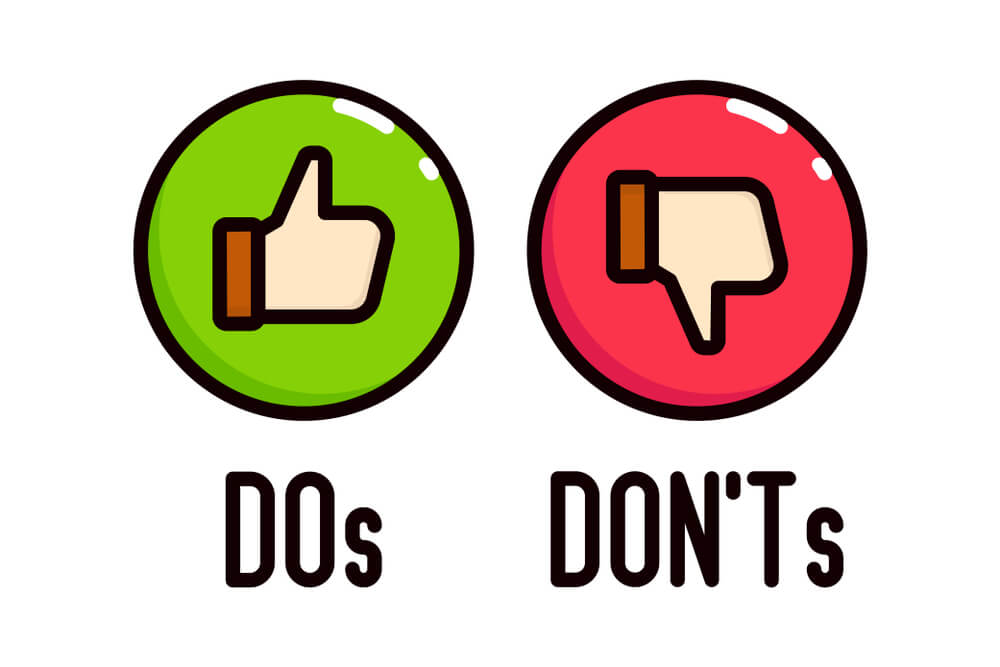Law students and newly graduated lawyers perpetually have legal and judicial writing on their minds, especially those who serve on law review. In accordance of legal writing, this blog will let you know about dos and don’ts you must follow to improve your law writing. The tips will help you avoid all the mistakes and errors that a student or lawyer experienced in their legal writing.
DO’s
-
-
Repetition is concerned
-
Many find this particular format very helpful that is to summarize what you want to say, say it and then try to cover and summarize your each word. The act of summarizing helps be a helping hand for the writer to highlight the most prominent takeaway points and helps the reader to know the point that has to be focused.
-
-
Be concise
-
Shorter and sweeter is generally considered great. Partner and clients are busy and not everyone is interested in reading huge documents, try to make your point in one page. Make sure every word carries its worth, if some words and sentences are not required, delete it. Train your mind in being concise in order to make your final draft is first draft.
-
-
Treat your last draft as initial draft
-
Maintain the perfection of your words regarding documents. Take away some time from the documents and avail it as your starting point for getting upward. Following these steps of stepping back and starting again will help you find out the spelling errors and areas where you needed to be get precise.
-
-
Write for the newcomer
-
Keep in mind that the person is reading your memo knows nothing about your subject and matter. Customize with the baby case and ease to let everyone know your subject. It helps in the supposition of the person reading knows nothing because even if he is an expert in this specific area he may have not gotten into details on this particular matter.
-
Reaffirm the format to be addressed
The material would be useless and ineffective if the format is wrongly chosen for a percipient partner. Follow the classical structure to stay away from any misconceptions and misunderstandings.
DON’Ts
-
-
Don’t be a slave of other’s conclusion
-
The primary idea is to convey your own thought, avoiding every extension of other people’s conclusion as a fact. For instance, if a studied or opinion has been performed by a person, be sure to allocate the outcomes or the opinion to that person or entity (even though you’ve solely confirmed the results or be a partner of same opinions) and elaborate how they have managed to come up with that particular result.
-
-
Don’t be legalese
-
Be focused on your analysis and don’t get away, direct your writing style with concrete and understandable by using fancy words or concepts.
-
-
Avoid dramatic tone
-
The word “very” must be ignored while writing. Try to stay as neutral as many possible polishes your credibility and reliability. It doesn’t mean that you can have any position on any side, but organize your memo in a way to present both sides. Attach supportive and powerful content to prove that why your side is stronger.
-
Be economical with analysis
Make sure to reinforce your conclusions. The examination of how you have come to a conclusion or result is way more important than showing that where you come out. Per case, the partner will see the issue dissimilarly but at least you have bestowed him or her the instruments for which to come to his or her own decision or conclusion.
While keeping a good check with these dos and don’ts you can definitely make its way to your partner’s head or the person who is reading your document.
 +44 7520 644098
+44 7520 644098 